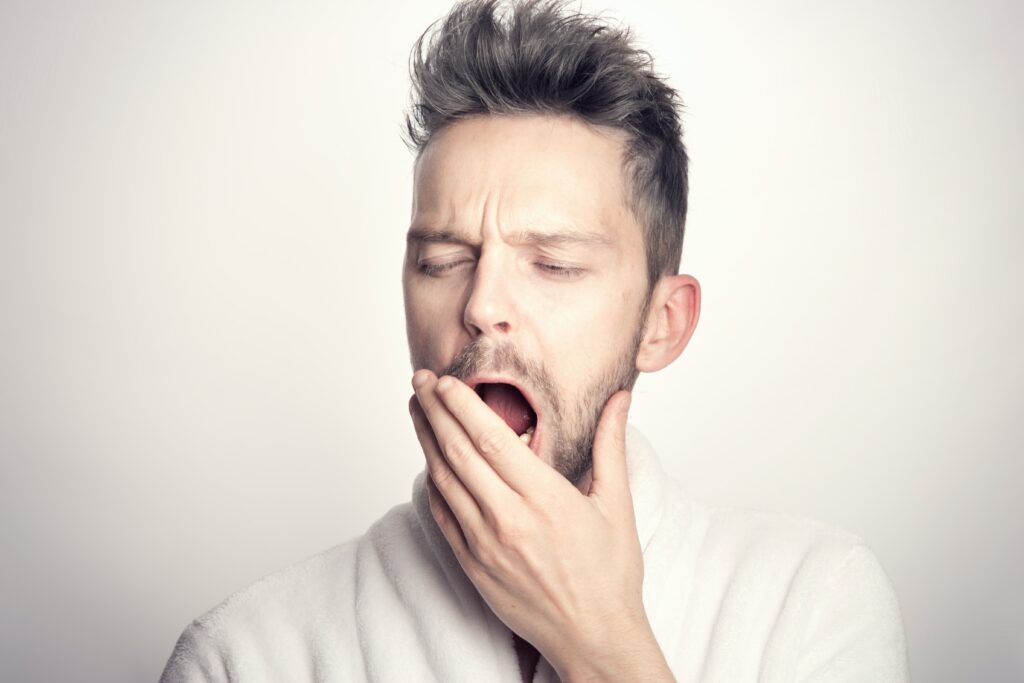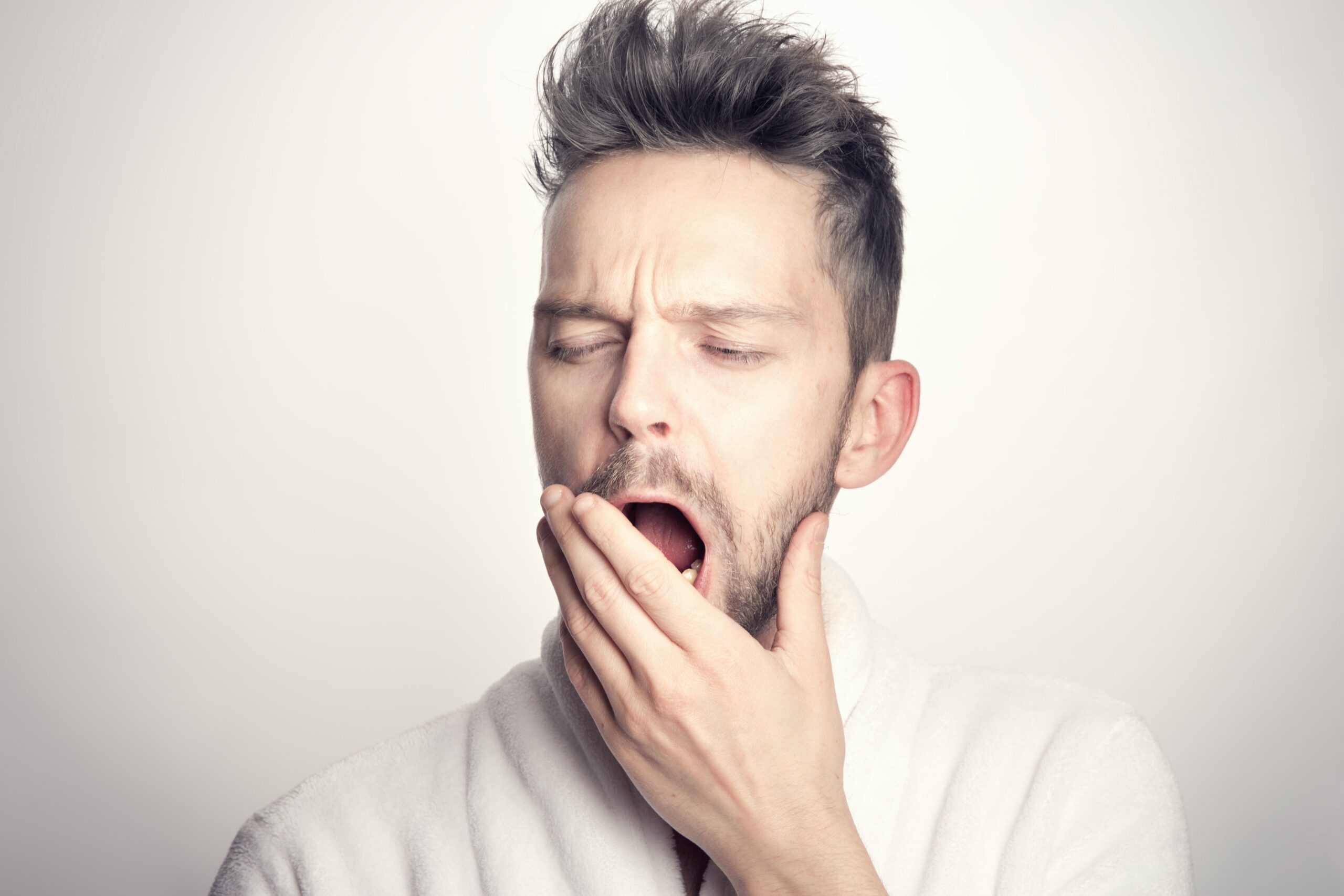Top Tips on Getting a Good Night’s Sleep

It is well known that getting a good night’s sleep is essential for our physical and mental health. And it is just as important as regular exercise and a healthy diet.
But over the last 20 years our general sleep quality and quantity have steadily declined for many people with an average of 30% of adults being affected.
Though there’s a wide range of causes and types of sleeping problems, expert opinion points to a handful of concrete steps that can promote more restful sleep and starting with small changes can bring immediate benefits.
Strong light
Bright or strong light can be intrusive and too much light exposure can prevent quality sleep because it disrupts melatonin production. Natural or bright sunlight is important as it helps keep your body’s natural clock healthy and regulates your sleep-wake cycle. Getting large amounts of daylight exposure can improve the amount and quality of sleep you get during the night.
When reviewing your bedroom concentrate on making sure there is minimum light disruption as this is where your body clock can be disrupted and stop you from getting a good night’s sleep. Where excess light is a problem consider using a mask or blackout curtains to block out the light.
Peace and quiet
Your bedroom should be your sanctuary and peace and quiet are important to help you get better sleep. Keep noise to a minimum, don’t have a radio or television on loud in the bedroom but if you cannot completely eliminate noise then use earplugs or listen to a relaxing playlist to help you drift off.
Bedroom temperature
A bedroom that is too hot and stuffy can affect you getting a good night’s sleep so having the room at the right temperature is important. The ideal bedroom temperature does vary from person to person but ideally, a temperature from around 18ºC to 21ºC is found to be best.
The right mattress and bedding
Apart from creating the right bedroom ambiance, your bed quality can also help with your quality of sleep. A poor mattress can lead to increased lower back and shoulder pain and stiffness. However, a good quality mattress ensures that your spine gets supported properly thereby avoiding aches and pains.
Avoid Caffeine and alcohol
Caffeine is present in drinks such as coffee, tea and fizzy drinks and is best avoided during the evening. This is because caffeine is a stimulant and affects your nervous system stopping your body from relaxing when you go to bed. Alcohol also affects sleep patterns and increases sleep apnea, which includes symptoms such as loud snoring, dry mouth, morning headache, insomnia and hypersomnia.
Keep a consistent sleep schedule
Going to bed and waking up at a similar time each day is one of the best ways to reinforce your body’s natural sleep-wake cycle. In order to get the recommended amount of sleep every night, 7 to 9 hours, then you need to consider what time ideally you need to wake up and then you can identify a time to go to bed.
Reduce napping during the day
Whilst short power naps are beneficial, 20 minutes or so, longer periods of sleep can prevent you from naturally going to sleep at your preferred time as it confuses your body clock. In order to get a better night’s sleep keep your power naps to around 20 minutes after lunch.
Have a bath before bed
A bath or shower before bed can help you feel refreshed and relaxed, allowing you to fall asleep more easily and can improve sleep quality especially among older people.
Having regular quality sleep plays an important part in our overall health. So make sleep a priority and you will reap the benefits. Practicing these tips regularly will ultimately lead to better sleep and better health.
Photo by Sander Sammy on Unsplash

